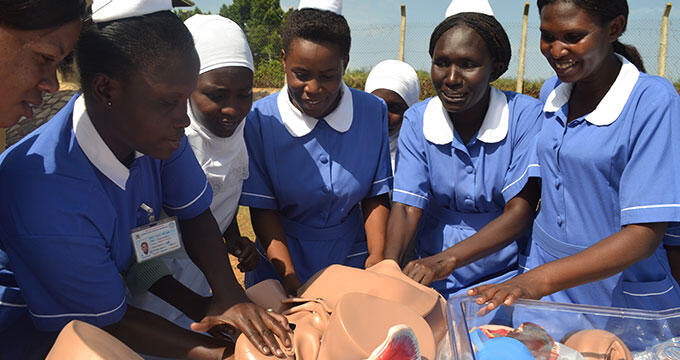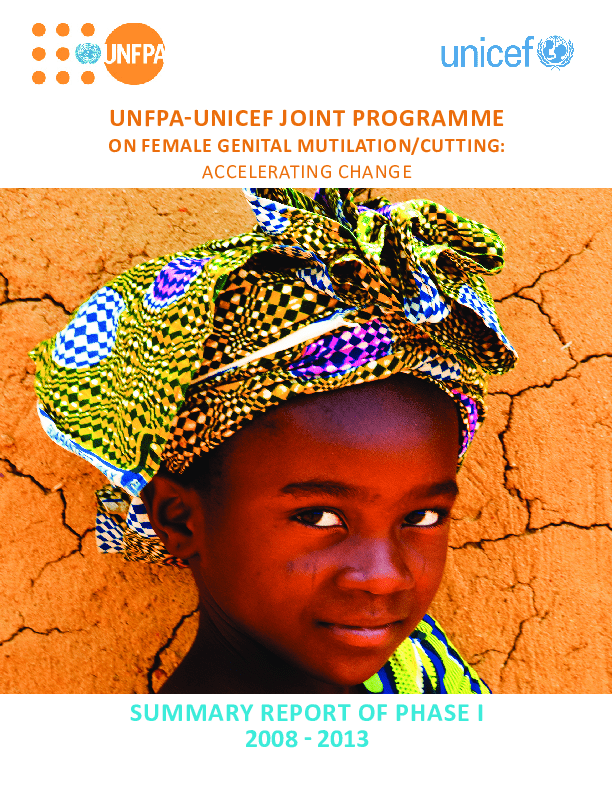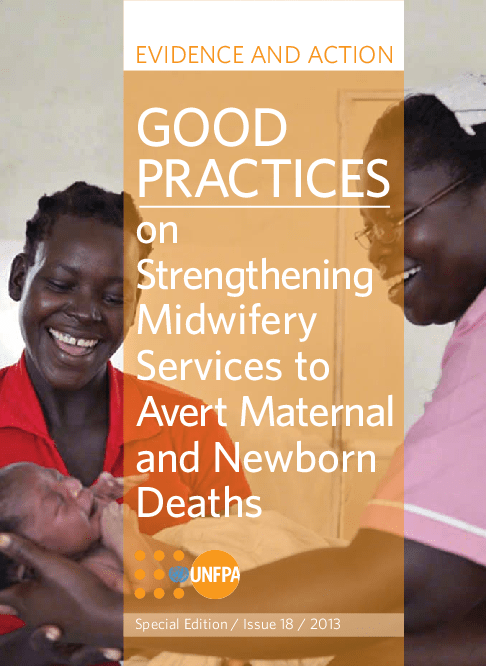-
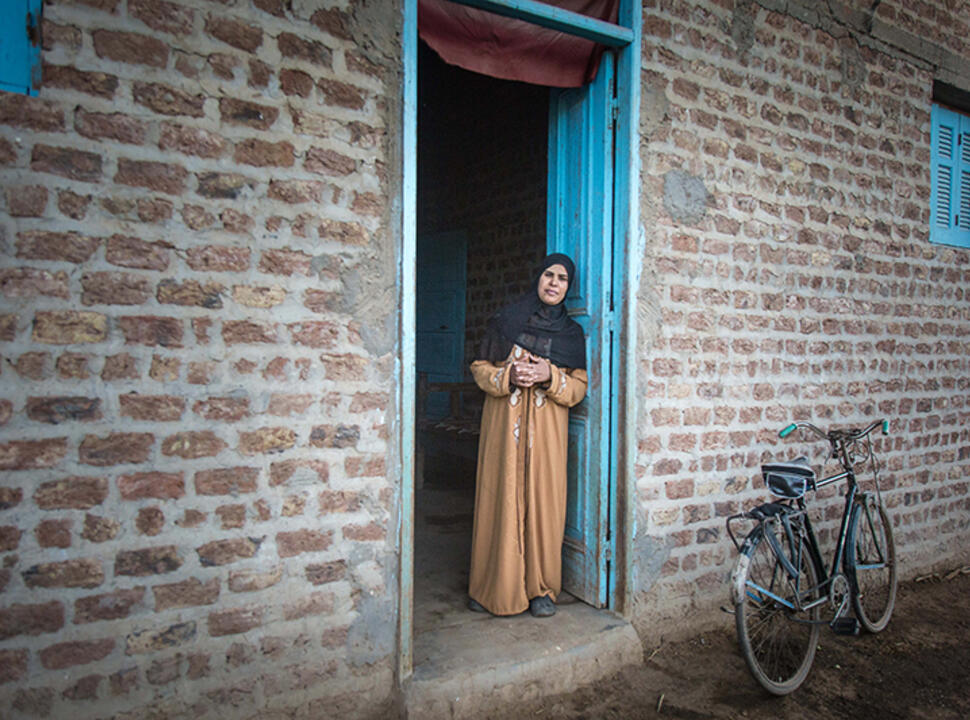
Hoda Hamed welcomes people into her home in Upper Egypt. She is a leader in convincing people to abandon female genital mutilation (FGM). © UNFPA Egypt/Sima Diab
-
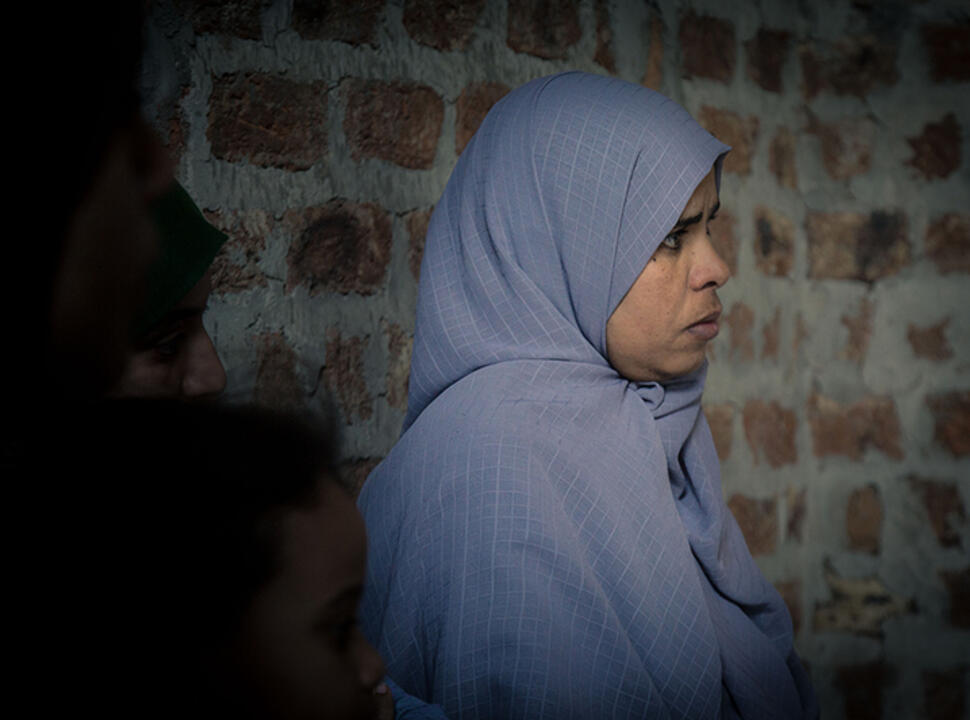
Listening to people from her community, Ms. Hamed mentally works out the best approach to persuade them. © UNFPA Egypt/Sima Diab
-

“Married women who underwent FGM suffer a lot,” she told UNFPA. “FGM really affects negatively the intimate relationship between husbands and wives.” © UNFPA Egypt/Sima Diab
-
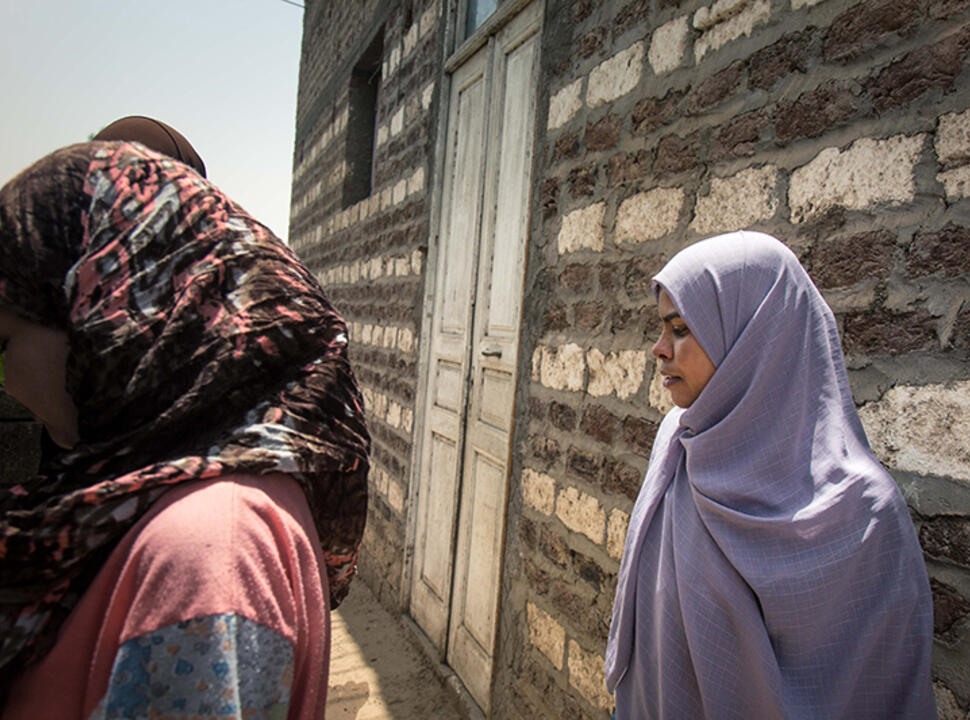
“There must be a way to raise the awareness of those young girls and boys who soon will become mothers and fathers.” © UNFPA Egypt/Sima Diab
-
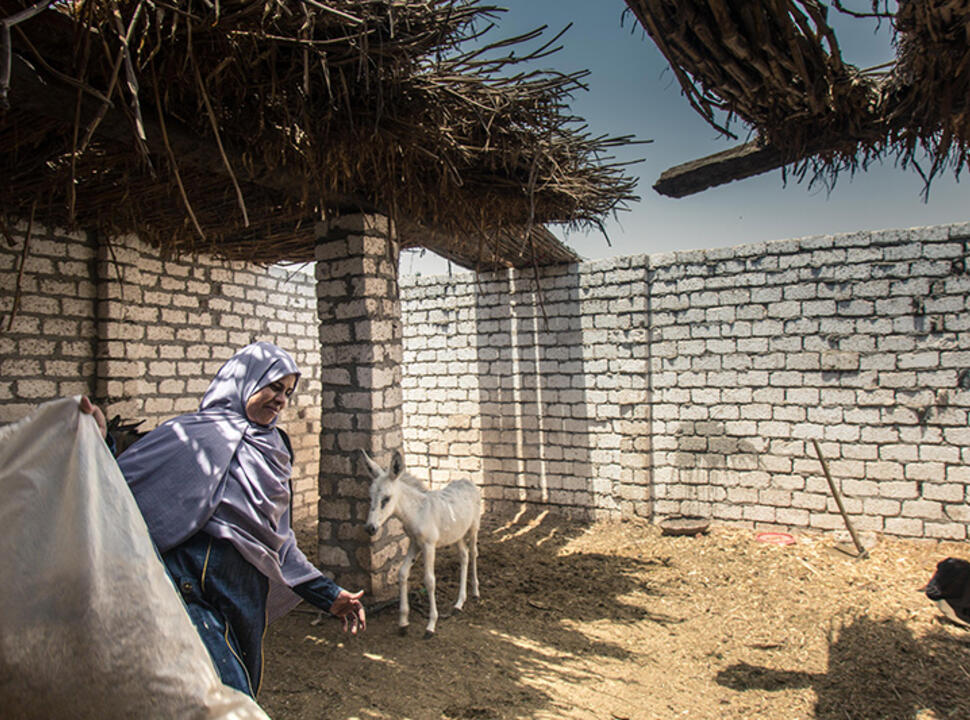
She has successfully convinced villagers to reject FGM. But the practice remains widespread, with the highest rates in rural and impoverished areas. © UNFPA Egypt/Sima Diab
-

“Ignorance and illiteracy are the main reasons for the continuation of a horrible practice like FGM.” © UNFPA Egypt/Sima Diab
-

“Unfortunately, still there are traditional birth attendants, and even doctors, who perform FGM.” © UNFPA Egypt/Sima Diab
-

“The only way to protect my daughter from being cut was to involve my husband. It’s very important for men to know the harmful physical and psychological consequences of FGM.” © UNFPA Egypt/Sima Diab
-
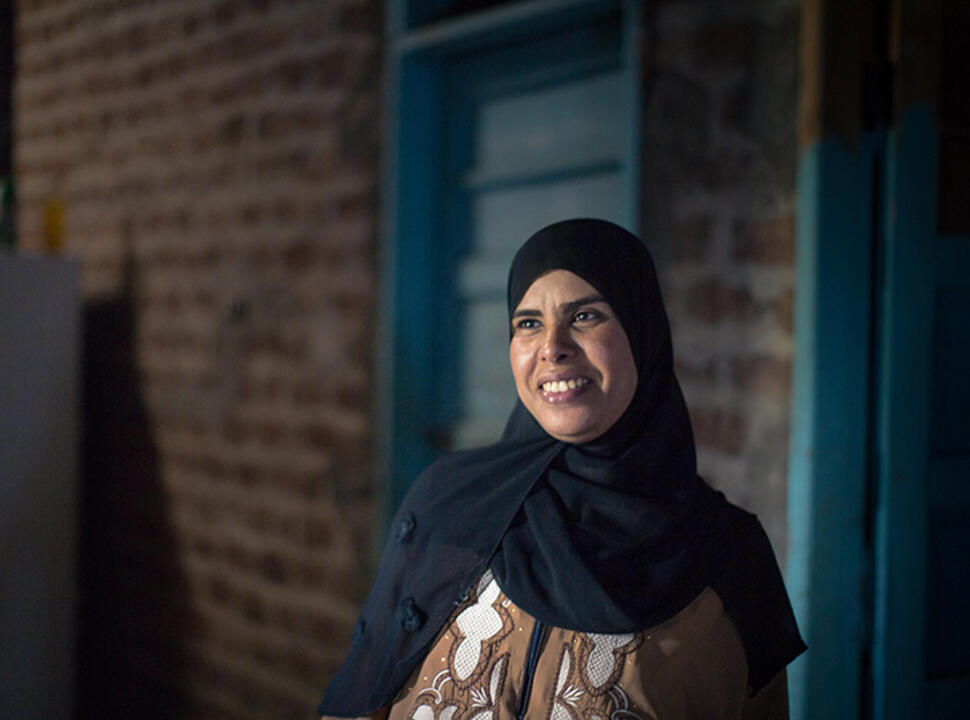
Throughout Egypt, support for FGM remains high. But Ms. Hamed is not deterred. “There is always hope! And it is never too late to change one’s mind.” © UNFPA Egypt/Sima Diab
- Home
- Slideshows
- Changing the perspective: Fighting to end female genital mutilation in Upper Egypt
Changing the perspective: Fighting to end female genital mutilation in Upper Egypt
18 July 2016
